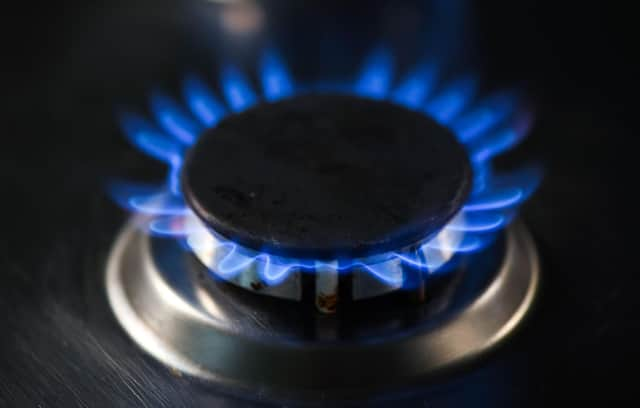Staggering energy price rises mean ministers should target support on poorest – Scotsman comment


Countless thousands of others may not be quite as badly affected, but will still feel a considerable financial pinch, with the average household on a default tariff set to pay £2,000 a year for gas and electricity.
The surge in wholesale gas prices has already seen several suppliers go bust and there have been calls for the UK government to give the remaining firms a multi-billion-pound bailout so their can keep their bills down.
Advertisement
Hide AdAdvertisement
Hide AdHowever, Chris O'Shea, chief executive of British Gas owner Centrica, has now expressed his opposition to such bailouts and instead called for the suspension of VAT on energy bills and for social and green levies to be paid for by the taxpayer, rather than added to energy bills, measures that would save customers a total of about £270.
But whatever strategy is adopted, it seems fairly clear that government needs to do something to address the rapidly snowballing cost-of-living crisis.
Sharp rises in inflation have also been eating into the buying power of people’s wages, while the Covid effect on the economy is still very much with us, particularly for sectors like hospitality.
In such circumstances, it would make sense for any government intervention in the energy market to be targeted where it is most needed, rather than an across-the-board cut for all. That should make it more affordable for the taxpayer, while alleviating genuine suffering.
One point to make is that the energy crisis is the result of high global gas prices – partly because of Vladimir Putin’s manipulation of the market – and renewable energy has been helping to keep the cost of electricity down.
So cutting green levies without replacing the funding from elsewhere would damage what should be a long-term solution to the age-old problem of fossil fuel price volatility. Becoming self-sufficient in energy should be a significant beneficial side-effect of the switch to a net-zero economy.
However, it is the immediate concerns that require swift and effective action from ministers and their priorities should be driven, not by political considerations, but genuine need.
A message from the Editor:
Thank you for reading this article. We're more reliant on your support than ever as the shift in consumer habits brought about by coronavirus impacts our advertisers.
If you haven't already, please consider supporting our trusted, fact-checked journalism by taking out a digital subscription.
Comments
Want to join the conversation? Please or to comment on this article.
